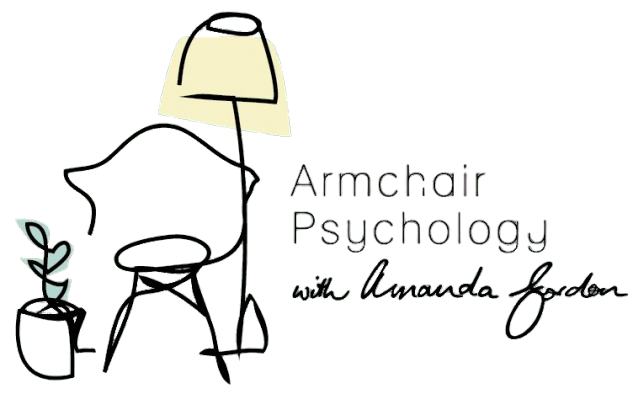Child and Adolescent Therapy
What do I tell my child about going to a psychologist?
Whether it’s because they’re feeling sad or worried, having problems with friends, school or siblings – a psychologist is someone to talk to, who will help them learn how to cope and feel better.
A psychologist will listen to anything they have to say, and will always be there for help and support.
They should know that mums, dads and grown ups can go to psychologists – that it’s normal and nothing to worry about.
If you have concerns about speaking to your child about their visit, feel free to call and discuss your worries.
What should my child expect?
With younger children, more of the work is done with the parents than the child. This can mean that the first session, or several sessions, are undertaken exclusively with the parents.
However, when your child does meet with the psychologist they should expect to spend sessions doing activities (like games or drawing), that are designed to get them talking about what’s been happening for them, and why they’re feeling anxious or upset.
As the parents, you will initially be in the room with your child for the introductory stages of this session. After this, your child will usually spend some time alone with the psychologist.
With older children, the initial consultation will take place alone between them and the psychologist. We encourage them to spend it talking about why they have come, and what’s happening in their life that they need help with.
They will decide on some goals they would like to achieve and discuss a plan for how to achieve them. They should then expect to spend sessions learning the skills to successfully work towards these goals. It is important for them to understand that they will likely have some things they need to try to do in between sessions. This “homework” is vital to their success. At the end of the sessions, parents may join if the psychologist feels it would be helpful.
What should I, as the parent, expect?
This will help the psychologist get a full understanding of the family background, better placing them to help.
Do I stay with my child during the session?
Usually, however, parents remain in the session for the first part. They then leave to let their child do some work alone with the psychologist, before coming back in for the last part.
By splitting the time in this way, the psychologist is able to include parents in the consultation and let them understand the issues at stake, whilst providing the child with a safe space to speak and be heard.
Do I stay with my child during the session?
Usually, however, parents remain in the session for the first part. They then leave to let their child do some work alone with the psychologist, before coming back in for the last part.
By splitting the time in this way, the psychologist is able to include parents in the consultation and let them understand the issues at stake, whilst providing the child with a safe space to speak and be heard.
Do I stay with my child during the session?
Usually, however, parents remain in the session for the first part. They then leave to let their child do some work alone with the psychologist, before coming back in for the last part.
By splitting the time in this way, the psychologist is able to include parents in the consultation and let them understand the issues at stake, whilst providing the child with a safe space to speak and be heard.
Do I stay with my child during the session?
Usually, however, parents remain in the session for the first part. They then leave to let their child do some work alone with the psychologist, before coming back in for the last part.
By splitting the time in this way, the psychologist is able to include parents in the consultation and let them understand the issues at stake, whilst providing the child with a safe space to speak and be heard.
Do I stay with my child during the session?
Usually, however, parents remain in the session for the first part. They then leave to let their child do some work alone with the psychologist, before coming back in for the last part.
By splitting the time in this way, the psychologist is able to include parents in the consultation and let them understand the issues at stake, whilst providing the child with a safe space to speak and be heard.
Do I stay with my child during the session?
Usually, however, parents remain in the session for the first part. They then leave to let their child do some work alone with the psychologist, before coming back in for the last part.
By splitting the time in this way, the psychologist is able to include parents in the consultation and let them understand the issues at stake, whilst providing the child with a safe space to speak and be heard.
Do I stay with my child during the session?
Usually, however, parents remain in the session for the first part. They then leave to let their child do some work alone with the psychologist, before coming back in for the last part.
By splitting the time in this way, the psychologist is able to include parents in the consultation and let them understand the issues at stake, whilst providing the child with a safe space to speak and be heard.
Adult, Couples and Family Therapy
Why should I see a psychologist?
If you want to find out how to move your life forward, and achieve happiness – you should see a psychologist.
By being empathic but independent, the psychologists at Armchair Psychology can give you a crucial understanding of how to achieve your personal and emotional goals.
How many sessions will I need?
After our first few sessions together, we should be able to evaluate how much time you will need. However, there is no hard and fast rule, and this is a process that is a part of your journey.
Life’s important journeys can take time – it’s important to remember that.
How often will I have sessions?
However, sometimes more frequent sessions, or spacing them further apart, makes more sense in terms of your growth. That is something which can be discussed during your sessions with your psychologist.





